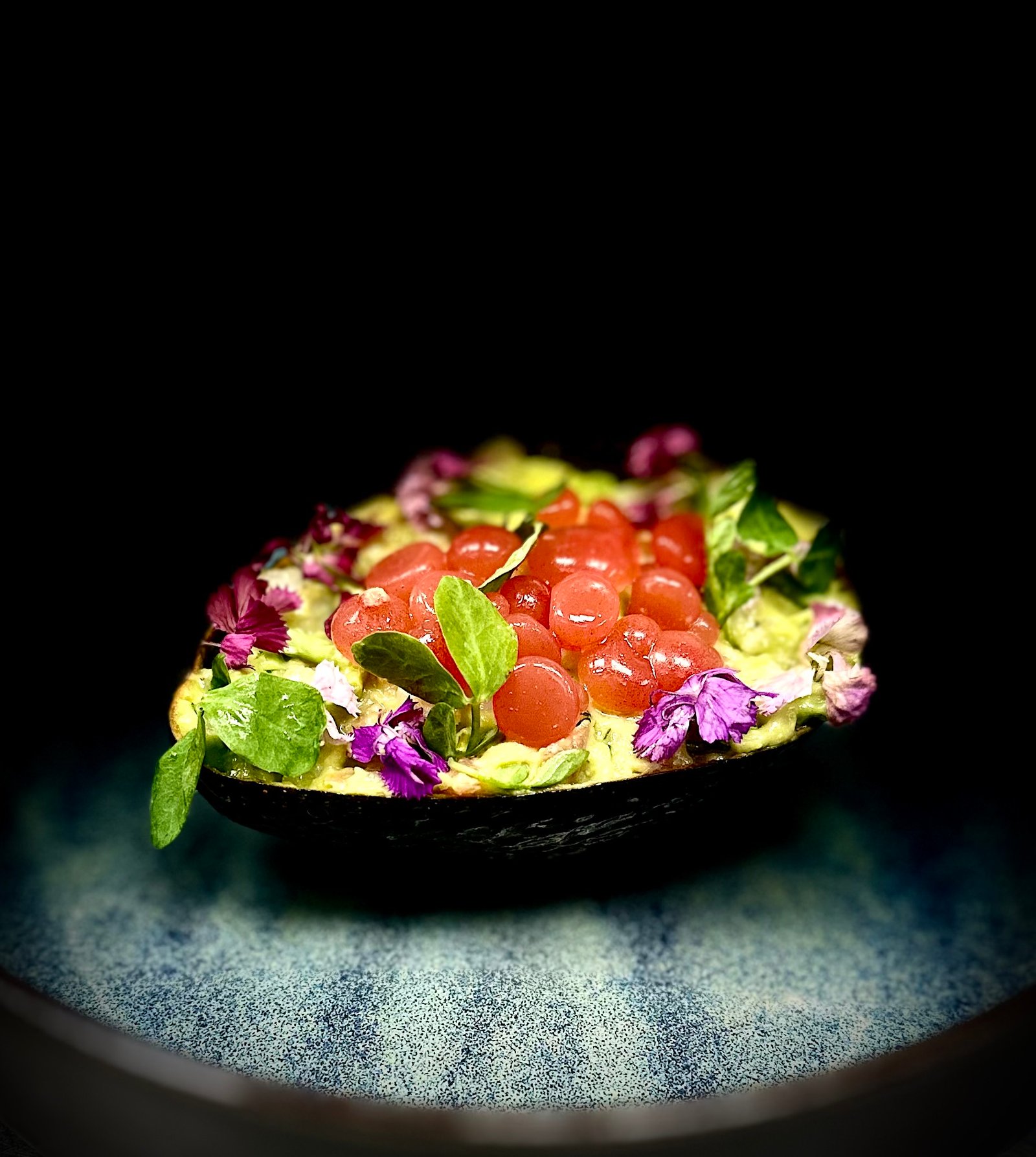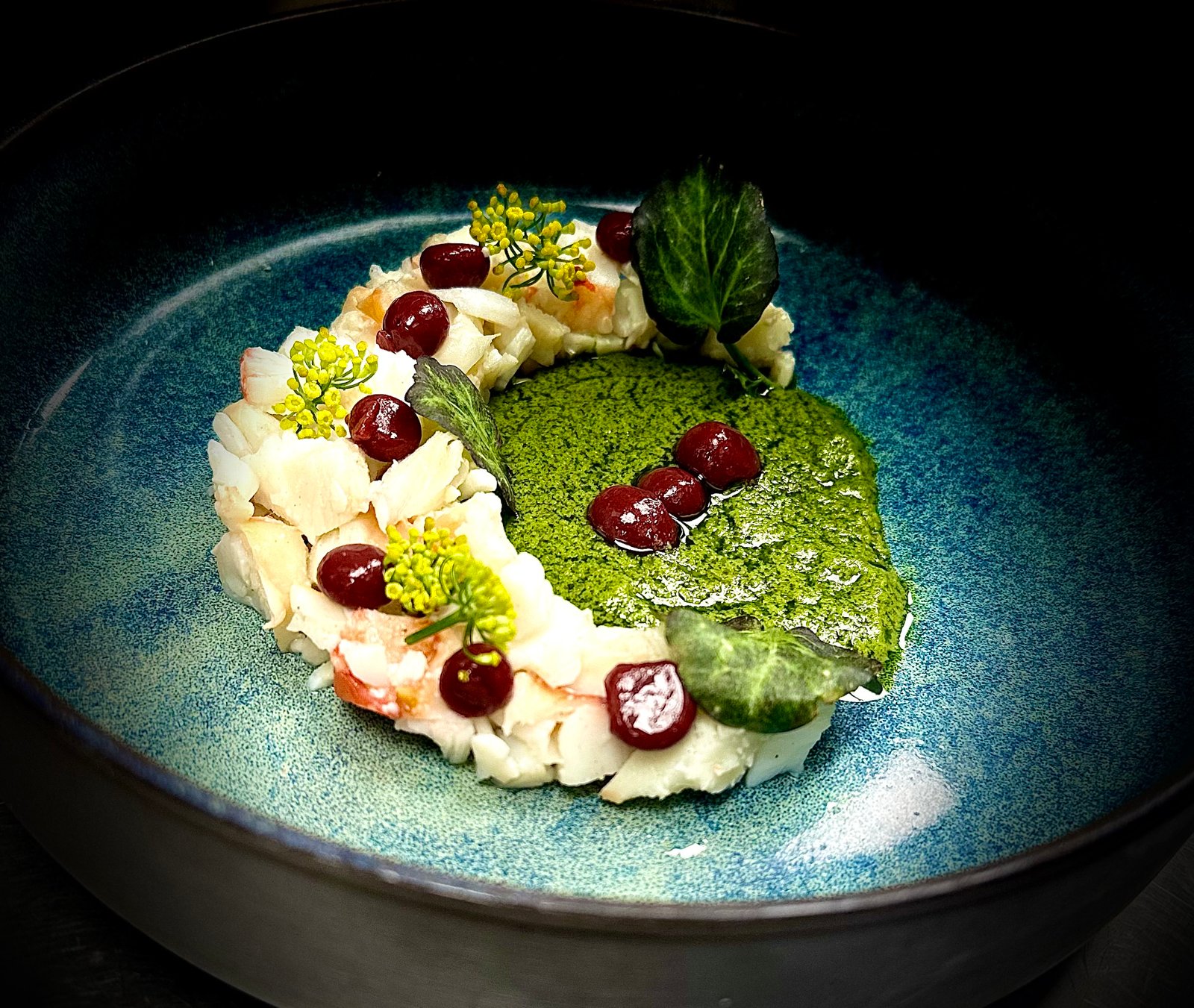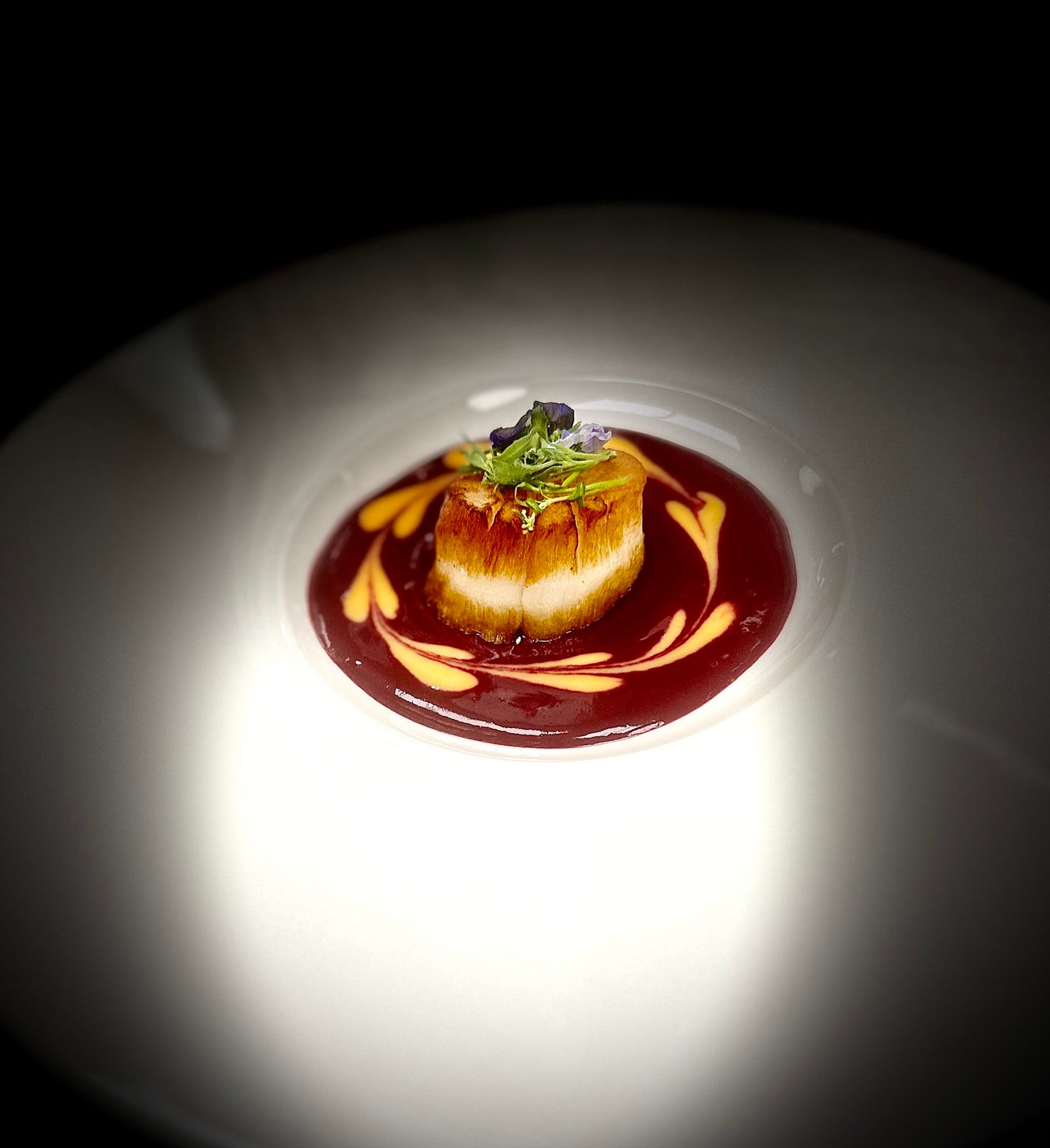Gastronomy and Culinary Arts
Cooking is not just about preparing food; it is also about understanding the chemistry, culture, and intricate details behind each dish.

Goals

Molecular Gastronomy
Molecular gastronomy is not merely about adding chemicals to food. Its true purpose is to understand the fundamental structures and chemical compositions of ingredients, enabling the creation of innovative techniques that push the boundaries of taste, texture, and presentation. This discipline merges science and culinary arts, bringing a modern and sophisticated perspective to gastronomy.

Modeling Studies
Modeling studies provide a more effective and accessible way to understand and communicate the chemistry of food. By utilizing these studies, complex culinary processes can be analyzed in detail, allowing for greater precision and innovation in gastronomy.

Academic Research
My goal is to contribute to the sector not only through academic research and scientific studies in gastronomy and culinary arts but also by addressing challenges in the tourism industry and developing solutions for its advancement.

Culinary Arts
Cooking is not just about following recipes; it is an art that requires patience, creativity, and a scientific approach. True mastery lies not only in using ingredients but in deeply understanding their nature, chemical structures, and transformations during the cooking process. Learning in the kitchen never ends anyone who believes they have learned everything is, in fact, acknowledging that their growth has stopped.

Benefits
Having expertise in modeling studies and a deep understanding of food chemistry will always put you one step ahead in professional competition. The ability to accurately analyze ingredients minimizes errors in the kitchen and ensures perfect results.